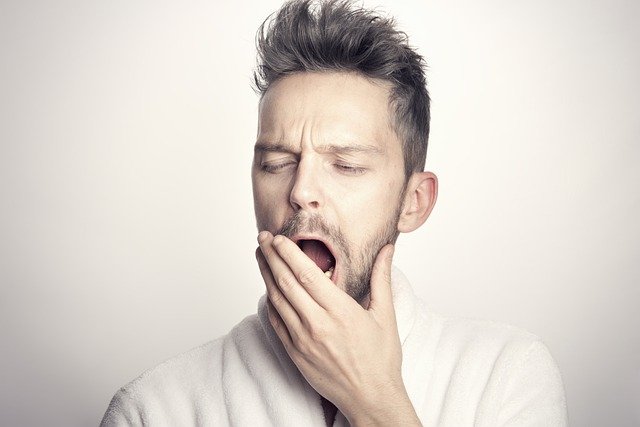The fact is, that 18 million adults and a whole lot of children suffer from a condition. It affects sleep and so life. Called ‘sleep apnea,‘ this condition is both annoying, unhealthy, and difficult to live with. There have been many attempts and lots of research into overcoming this condition. Alas, it remains at large among us. Remedies and ways to reduce the symptoms of this disruptive condition are common. Orthodontics is doing its best to help. In this post, we’ll take you through what sleep apnea is and how orthodontics can help. Let’s get going.
